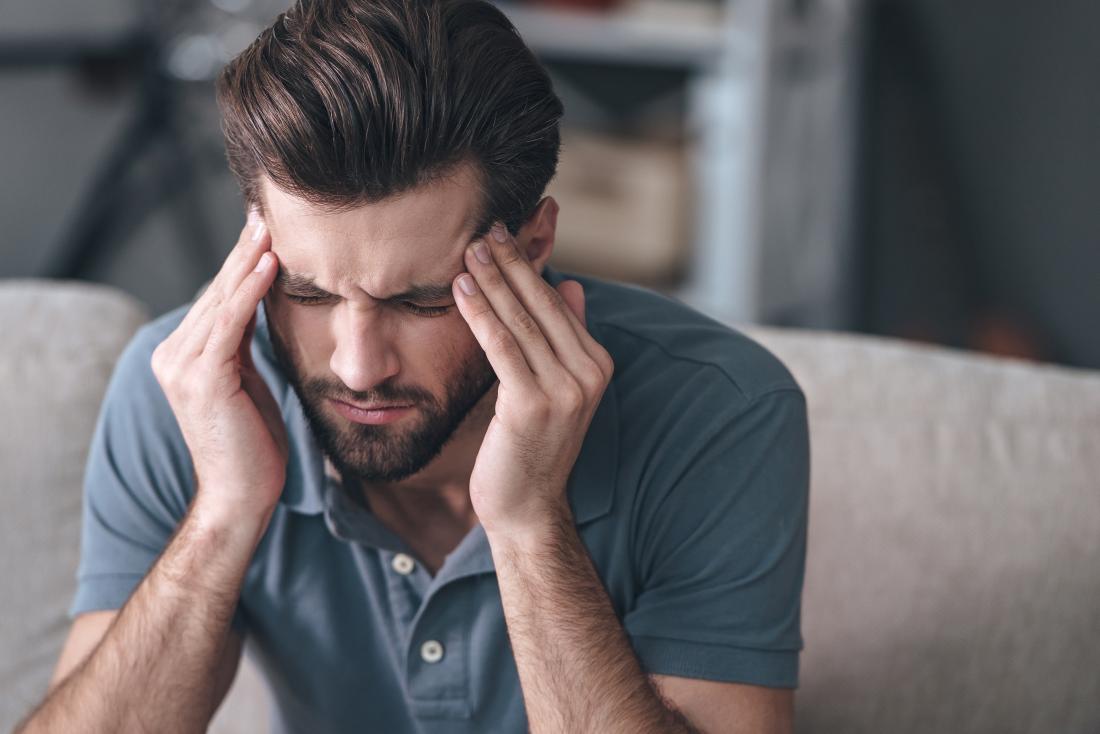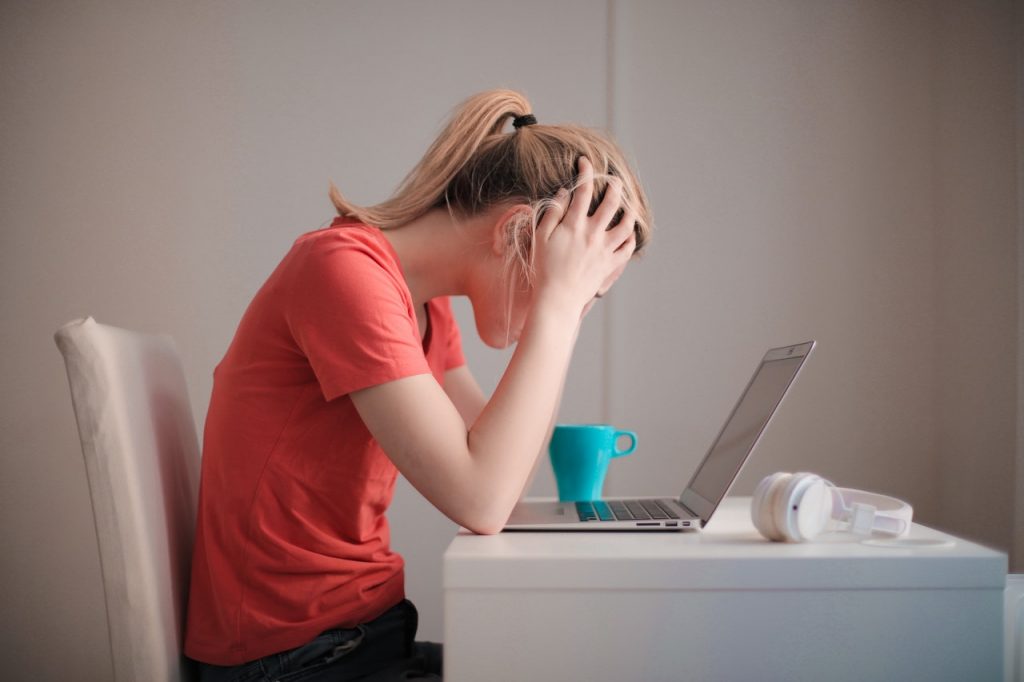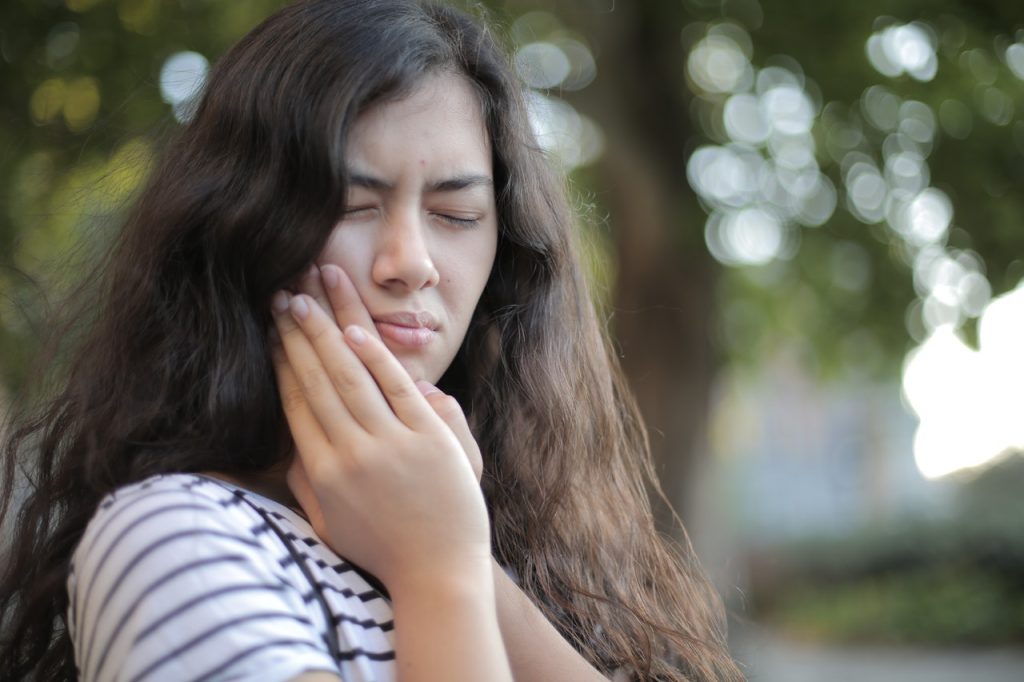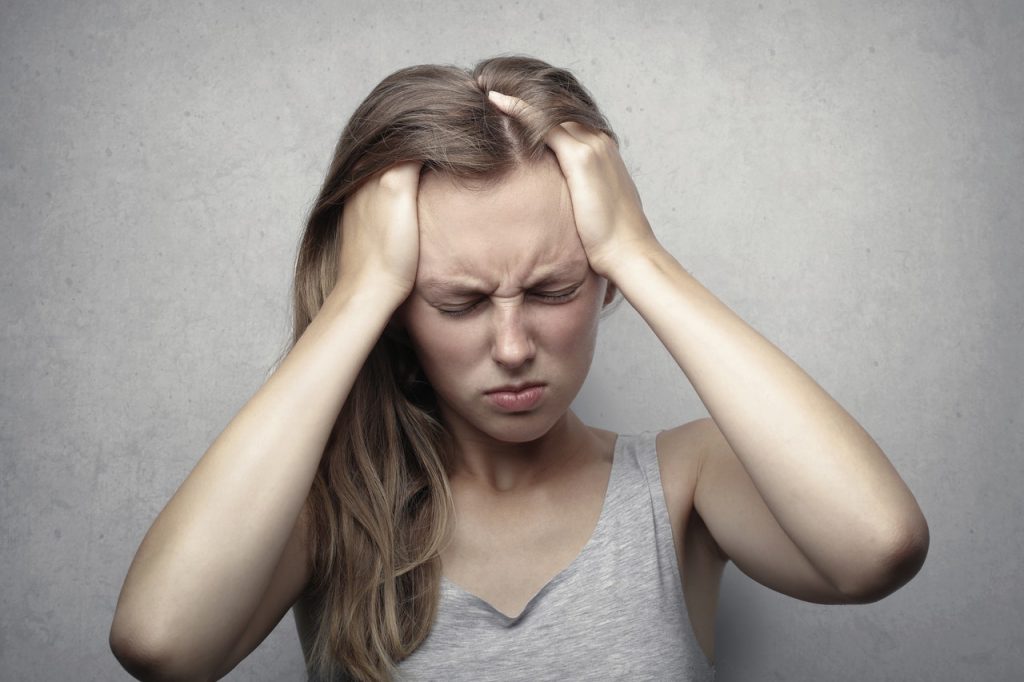
Let’s face it – headaches are annoying. Even if they are just minor and dull, headaches can affect your productivity throughout the whole day.
They are also more complicated than most people realize. Different types of headaches occur for various reasons and require different treatments.
Once you know the type of headache you have, you and your doctor can find the treatment that’s most likely to help and even try to prevent them.
According to WebMD, there are more than 150 types of headaches. Are you wondering what could be causing the headaches you’re experiencing? Below are some of the most common causes of headaches.
Table of Contents
1. Stress and Tension

Source: pexels.com
Have you been feeling stressed or under a lot of tension? You may experience different headaches stemming from the distress you are going through, especially tension-type headaches and migraines.
Most common among teens and young adults, these types of headaches usually cause mild to moderate discomfort, have no other symptoms, and often come and go.
Stress can also exacerbate other types of headaches which you may already be experiencing. If you are stressed over a long period, it’s time to practice mindfulness, meditation, or other ways to better cope with stress.
When you get enough sleep and eat nutritious foods, you’re also providing yourself with more energy to deal with your daily stressors.
2. Migraines
People who suffer from migraine headaches describe them as throbbing and pounding pain. They can last as long as four hours, can continue for several days, and often occur a few times a month.
In addition to the headache pain, for some, migraines include other symptoms such as nausea and vomiting, sensitivity to light, smells and noise, and an upset stomach.
Home remedies for migraines include:
- Putting an ice pack or frozen gel pack on your neck, scalp, or forehead
- Taking over-the-counter painkillers such a ibuprofen, naproxen, or acetaminophen
- Avoiding loud noises and bright light
- Drinking a beverage that contains caffeine such as coffee
Regular workouts and exercise help your body release endorphins which are chemicals that fight pain and might help prevent migraines. However, don’t try to exert yourself in the middle of a migraine attack.
3. Untreated Cavities

Source: pexels.com
Toothaches due to untreated cavities can also lead to splitting headaches. This pain is hard to miss, as you may feel the pain shooting up from your tooth to your brain.
The best way to prevent headaches from dental issues would be to schedule an appointment with a professional dentist at last once every six months. To schedule an appointment with Rio Rancho Smiles, click here: https://rioranchosmiles.com/
Usually, a toothache would be a sure sign of long-standing unresolved issues, which could take more time and money to fix.
Early detection will reduce the chances of your cavities worsening, thus lowering the chances of a toothache- or cavity-induced headache.
4. Environmental Factors
Headaches such as migraines could also be triggered by a change in climate, altitude, humidity, temperature, and many other environmental factors.
An imbalance in brain chemicals along with environmental changes can also cause headaches. Tracking factors around you when you experience a headache could help you avoid these triggers when you’re planning to head out.
It will also help to have some acute headache, especially for migraines, medication ready if these headaches pop up unprompted.
5. Genetics

Source: pexels.com
One or more family members could be carrying the genes which would make you more prone to headaches or migraines.
There are even specific genes, which, when mutated, would make it much more likely for you to get migraines than individuals without this mutation.
Since these factors are linked to your DNA, there isn’t much that you can do to lower your risks for migraines permanently.
However, some medications can ease acute migraine symptoms and also help to prevent migraine attacks from happening.
6. Menstrual Cycle
Right before a woman menstruates, her estrogen levels will dip. This drop in hormone levels could cause a headache. Some women also report having headaches during their menstruation.
To treat menstruation-induced headaches, you can perform some relaxation exercises with little to no period cramps.
Placing an ice bag over the spot you’re experiencing a headache would also help as a quick relief.
Alternatively, some pharmacies would suggest using preventive headache medicines to take a few days before your period starts. These medications can be taken up to two weeks into your cycle as well.
7. Caffeine

Source: pexels.com
Do you love coffee? That’s understandable. However, regular caffeine consumption can lead to the narrowing of the blood vessels which surround your brain.
When you abruptly stop drinking coffee, these blood vessels would enlarge, increasing the pressure as well as the blood flow to and from your brain.
If you feel a headache after not drinking coffee for a few days, then you’re suffering from caffeine withdrawal headaches.
Try keeping track of your caffeine consumption habits and how they affect you. This way, you’ll eventually find a suitable amount of coffee that you can consume without including a headache.
8. Physical Activities
When you exert yourself physically or exercise, the muscles in your neck, head and scalp need more blood to circulate. Your heart then pumps more blood to support the oxygen needs in your muscles.
In this process, your blood vessels will dilate, and you could soon experience exertional headaches. Individuals who are more prone to migraines may experience exertional headaches more often.
These headaches are usually benign, go away within a few minutes, and respond to typical headache treatments.
However, it is best to visit a doctor who can evaluate the severity and causes of your headaches if they are new or long-lasting.
Final Thoughts
When you know what type of headaches you are experiencing, you can find the best way to treat it.
Talk to your doctor about your symptoms, how often they occur, what makes them worse, and what seems to help.
A physical exam and consultation will help your doctor diagnose your problem and find the most suitable treatment for you.







